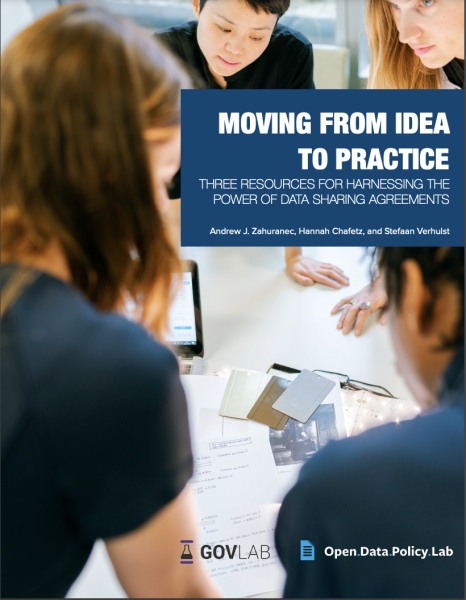Essay by Daniel Araya: “The impact of digital technologies on contemporary economic and social development has been nothing short of revolutionary. The rise of the internet has transformed the way we share content, buy and sell goods, and manage our institutions. But while the hope of the internet has been its capacity to expand human connection and bring people together, the reality has often been something else entirely.
When social media networks first emerged about a decade ago, they were hailed as “technologies of liberation” with the capacity to spread democracy. While these social networks have undeniably democratized access to information, they have also helped to stimulate social and political fragmentation, eroding the discursive fibres that hold democracies together.
Prior to the internet, news and media were the domain of professional journalists, overseen by powerful experts, and shaped by gatekeepers. However, in the age of the internet, platforms circumvent the need for gatekeepers altogether. Bypassing the centralized distribution channels that have served as a foundation to mass industrial societies, social networks have begun reshaping the way democratic societies build consensus. Given the importance of discourse to democratic self-government, concern is growing that democracy is failing…(More)”.

